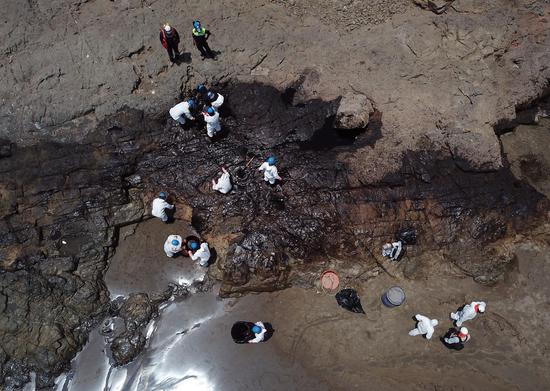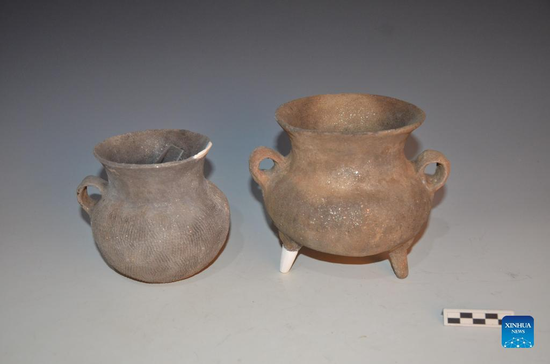COVID-19 vaccination does not affect the chances of conceiving a child, according to a new study funded by the U.S. National Institutes of Health (NIH).
In the study involving more than 2,000 couples, researchers found no differences in the chances of conception if either male or female partner had been vaccinated, compared to unvaccinated couples, according to the results published Thursday.
However, couples had a slightly lower chance of conception if the male partner had been infected with SARS-CoV-2 within 60 days before a menstrual cycle, suggesting that COVID-19 could temporarily reduce male fertility, according to the study published in the American Journal of Epidemiology.
The study enrolled 2,126 females residing in the United States or Canada during December 2020 to September 2021 and followed them through November 2021.
The participants completed questionnaires every eight weeks on sociodemographics, lifestyle, medical factors, and partner information.
The researchers found no major differences in conception rates per menstrual cycle between unvaccinated and vaccinated couples in which at least one partner had received at least one dose of the vaccine.
"The findings provide reassurance that vaccination for couples seeking pregnancy does not appear to impair fertility," said Diana Bianchi, director of NIH's Eunice Kennedy Shriver National Institute of Child Health and Human Development, which funded the study.
"They also provide information for physicians who counsel patients hoping to conceive," Bianchi said.


















































 京公网安备 11010202009201号
京公网安备 11010202009201号